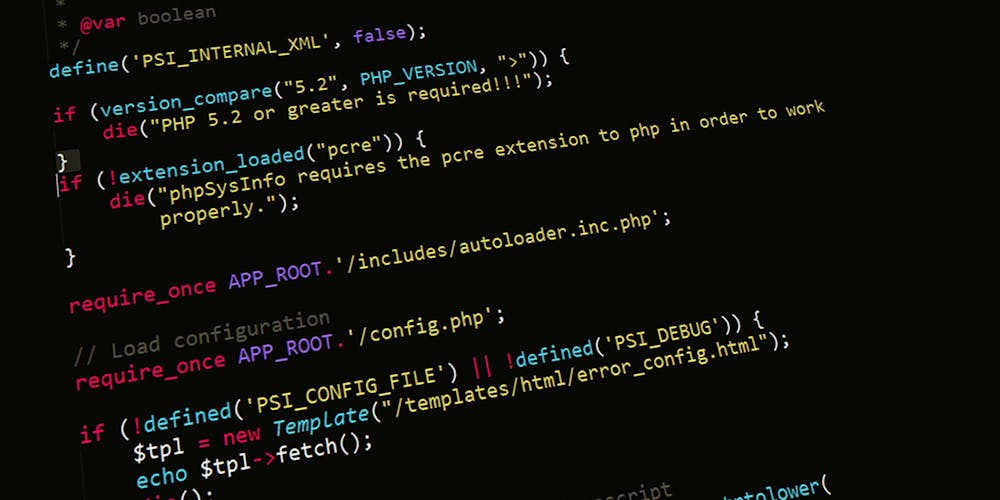APT29, a notorious Russian hacking group, has escalated its cyber operations by targeting European political parties with advanced phishing strategies. These attacks begin with deceptive emails mimicking invitations from Germany’s Christian Democratic Union, demonstrating APT29’s cultural insights to maximize impact. These emails exploit social interaction norms to breach security, relying on users’ trust and curiosity.
A critical tool in their arsenal is the Rootsaw dropper, which discreetly sets up the Wineloader backdoor. This sophisticated approach involves multi-stage attacks organized with a high degree of planning, as Mandiant experts Luke Jenkins and Dan Black warn. The backdoor operates covertly, ensuring persistent access and information collection, signifying that political institutions face a formidable and subtle cyber threat. The firm advises heightened alertness to counter these shrewd cyber attacks, which often masquerade as mundane social communications.
The Shift in Espionage Tactics
APT29, notorious for its stealthy cyber operations, has notably shifted its focus toward political entities, moving away from its earlier emphasis on diplomatic targets. This indicates a strategic aim to affect the political landscape, a change with profound potential consequences for democratic systems. As political parties are essential to democratic functions, compromises by APT29 pose significant threats across societal dimensions.
Mandiant highlights an increase in APT29’s sophisticated cloud penetration and password-spraying techniques, reminiscent of the disruptive 2020 SolarWinds attack. In response to APT29’s persistent and methodical threat, political organizations need to enhance their cyber defenses. Given APT29’s capabilities for extensive espionage, robust protection measures are imperative for safeguarding the political process.
Broader Implications for Western Democracy and Cybersecurity
The Strategic Implications of APT29’s Cyber Espionage
Recent Mandiant research highlights APT29’s advanced espionage tactics targeting Western democracies. This Russian-linked group, with its malware campaigns aimed at gleaning political intelligence, marks a shift in spying methods. As an arm of the SVR, APT29’s focus on political events reveals a deep and sophisticated bid to erode the democratic process. The report underscores APT29’s intricate strategies, tailored to leverage geopolitical tensions.
This update in Russian cyber operations demands a robust response. Western organizations must view these developments as strategic moves meant to influence global politics. The intelligence gathered by APT29’s new techniques reveals an urgent need for upgraded cyber defenses to mitigate this complex threat. Mandiant’s insights into APT29 urge a reevaluation of security measures to safeguard against these increasingly covert and potent cyber offenses.
A Wake-Up Call for Cybersecurity Defenses
In the wake of Mandiant exposing APT29’s strategies, nations must intensify their cybersecurity initiatives. APT29, a sophisticated threat once skirting the edges of critical systems, now adeptly breaches security to infiltrate and disrupt political spheres. This reality mandates a strategic shift from passive defense to proactive fortification of our cyber landscape.
Mitigation strategies necessitate enhanced detection systems, stringent authentication procedures, and ongoing education in cybersecurity. Given the insights from Mandiant, our approach must adapt to the evolving tactics of APT29 and other similar actors. It’s not just recommended but crucial to employ advanced measures to defend democratic processes and maintain national security. The international community is called to action to recalibrate its cyber defense posture in anticipation of the complexities posed by such state-sponsored threats.

